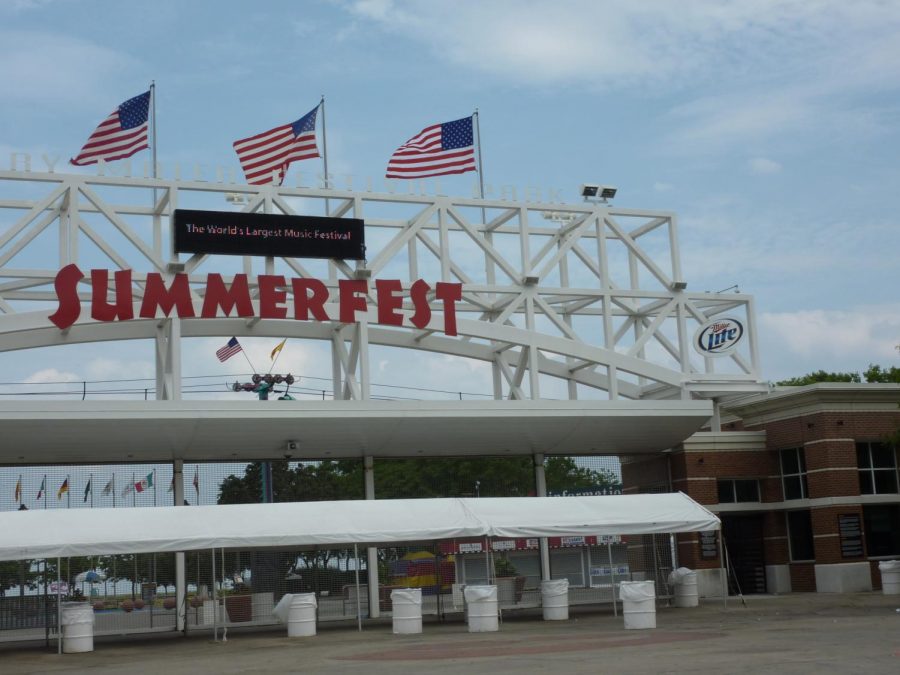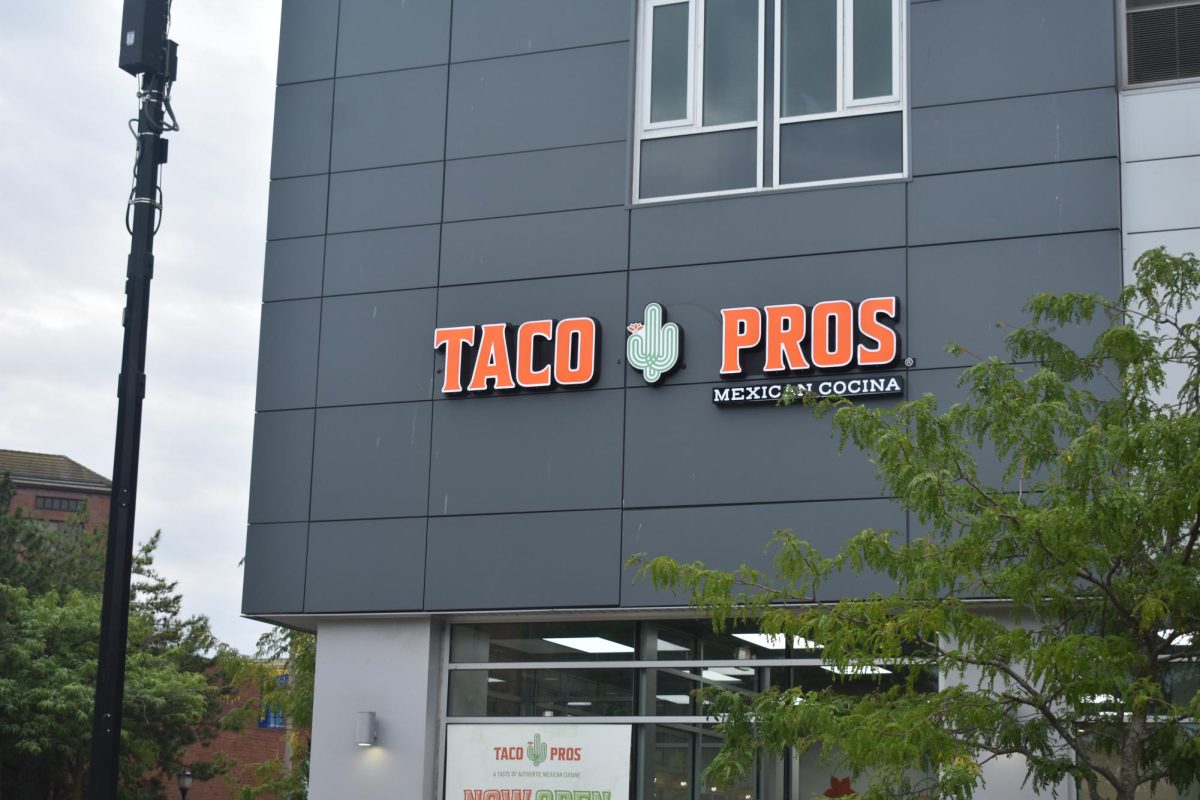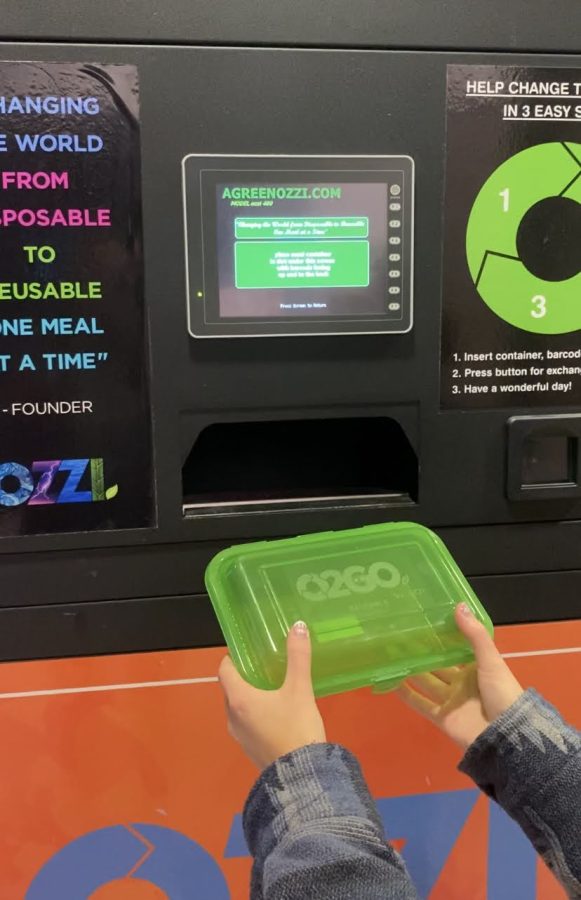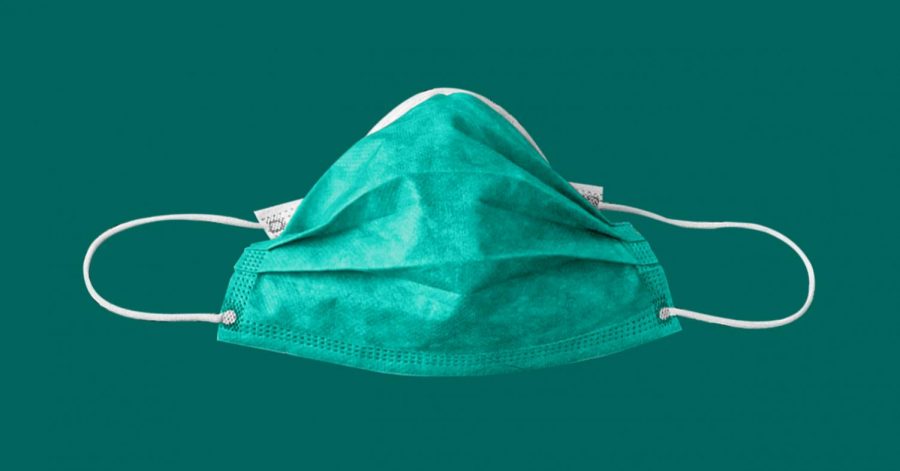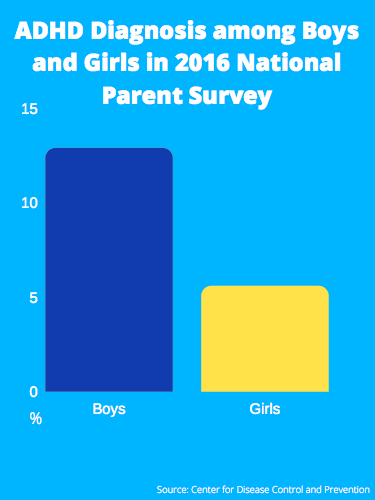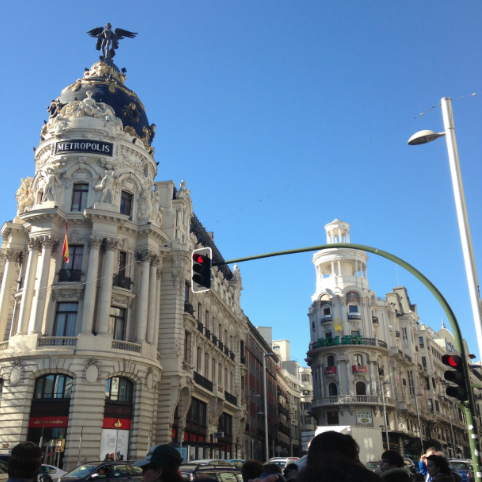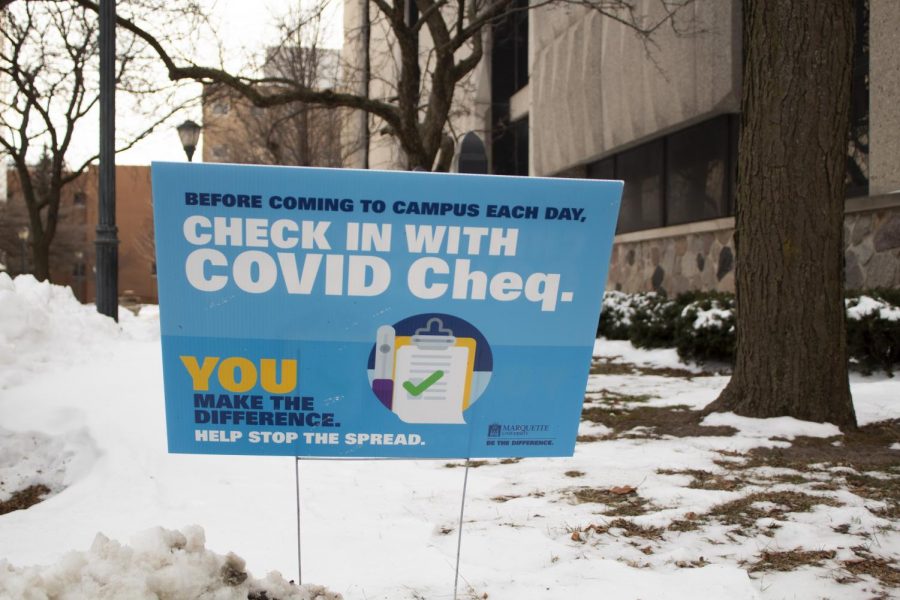Wisconsin’s inability to recognize the danger in spreading false hope about the coronavirus to citizens is detrimental to Wisconsin communities.
When COVID-19 hit Wisconsin February last year, it was apparent that it did not travel alone. Instead, it was accompanied by anxiety and fear that swept across the entire state and nation. In an era of uncertainty and death, the remedy to this mental health crisis is hope. But there is a fine line between hope and false hope — Wisconsin has teetered on that line since the beginning.
The earliest examples of Wisconsin spreading false hope is in May 2020 when the Wisconsin Supreme Court denied an extension of Governor Tony Evers’ stay-at-home order. The goal of “Safer at Home” was to prohibit nonessential travel and limit gatherings to help flatten the curve of COVID-19 and ensure the capacity of Wisconsin’s health care system. The denial of this extension created the illusion that with proper precautions, things would go back to normal. Little did we know, this was the beginning of what would make Wisconsin the national hotspot for COVID-19 in October of 2020.
One of the communities affected by this poor handling of the coronavirus in Wisconsin were essential workers. Essential workers are those who conduct a range of operations and services that are typically necessary to continue critical infrastructure operations. A few examples of essential workers are anyone from retail workers to medical professionals. Being at the forefront of this pandemic, they bore the brunt of “hopeful” citizens who did not, and still do not follow Center for Disease Control and Prevention guidelines. While these citizens are responsible for their ignorance, I realize Wisconsin has fueled this blind optimism that citizens have. This kind of blind optimism enables citizens to not take COVID-19 seriously.
Summerfest is also inciting false hope by rescheduling for September 2021. This decision was made with the intention that by that time, the coronavirus vaccine would be widely distributed to the public.
While I hope this is true, this does not account for new strands of the coronavirus that may appear over the course of time, such as a new strand that has made its way to the U.S. from the United Kingdom which is said to be more infectious than the first. While medical professionals are certain the vaccine can protect citizens from known strands, this proves we are not in the clear. This is why voting to end the mask mandate in Wisconsin by the Wisconsin Senate is dangerous and irresponsible. Just the thought of ending the mask-mandate gives people false hope that the end is near.
Much like Summerfest, Marquette University is also guilty of spewing false hope to members of the community. This false hope can be seen through Marquette’s initiative — or lack of initiative — when it comes to controlling coronavirus spikes on campus. Since August, there has been over 1,000 cases on campus.
While in-person classes were kept to an intimate number and masks are encouraged in most areas on campus, until this semester, no random testing was done. Last semester the university only tested students who exhibited symptoms, this semester the testing 500 random students. Because of this, students, faculty members and others associated with Marquette were not receiving accurate information about COVID-19 through the Marquette COVID-19 Dashboard.
Fewer positive cases on campus gives people false hope about the seriousness of the coronavirus, when in reality, numbers remained relatively low for most of the fall 2020 semester because there was a lack of testing.
The university also enforced blind optimism when announcing a 2020-2021 men’s basketball season. Because Marquette does not have other big sports teams like the university of Wisconsin-Madison, men’s basketball is what gives students athletic pride in their school and brings in a lot of revenue, Marquette students are not limiting their social circle because the University is not enforcing these rules as they should.
While I understand Marquette cannot be entirely responsible for the actions of students, the university should have anticipated spikes in COVID-19 on campus because students want to see their friends.
By no means is this me saying hope is dangerous. In fact, it is extremely healthy to be optimistic. What is dangerous is blindly believing that the coronavirus is done rearing its ugly head. This is me saying that to protect our mental health and physical health we need to balance optimism with reality. This is difficult, but extremely necessary if we are going to get through this pandemic with the rest of our sanity and health.
This story was written by Hope Moses. She can be reached at hope.moses@marquette.edu


